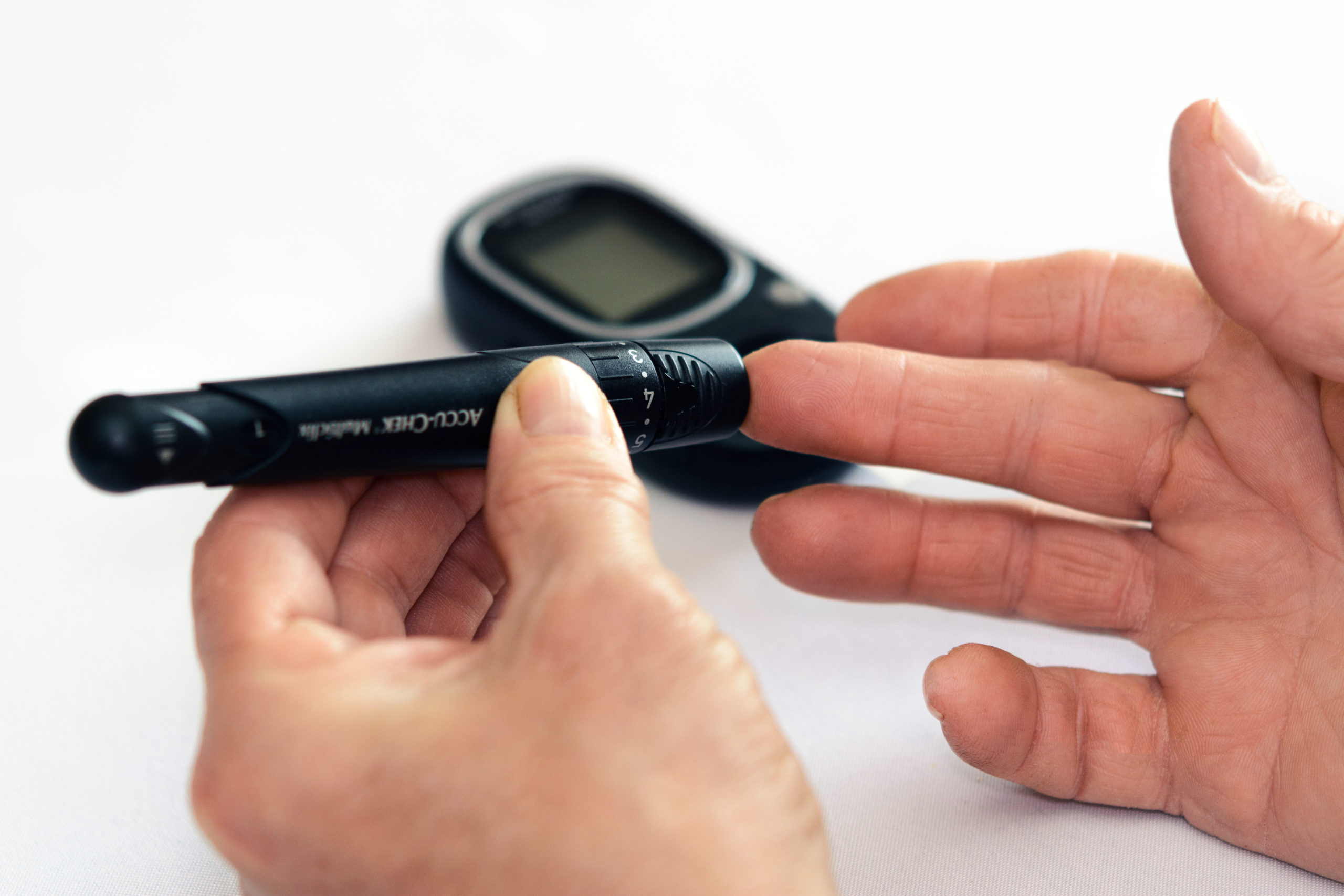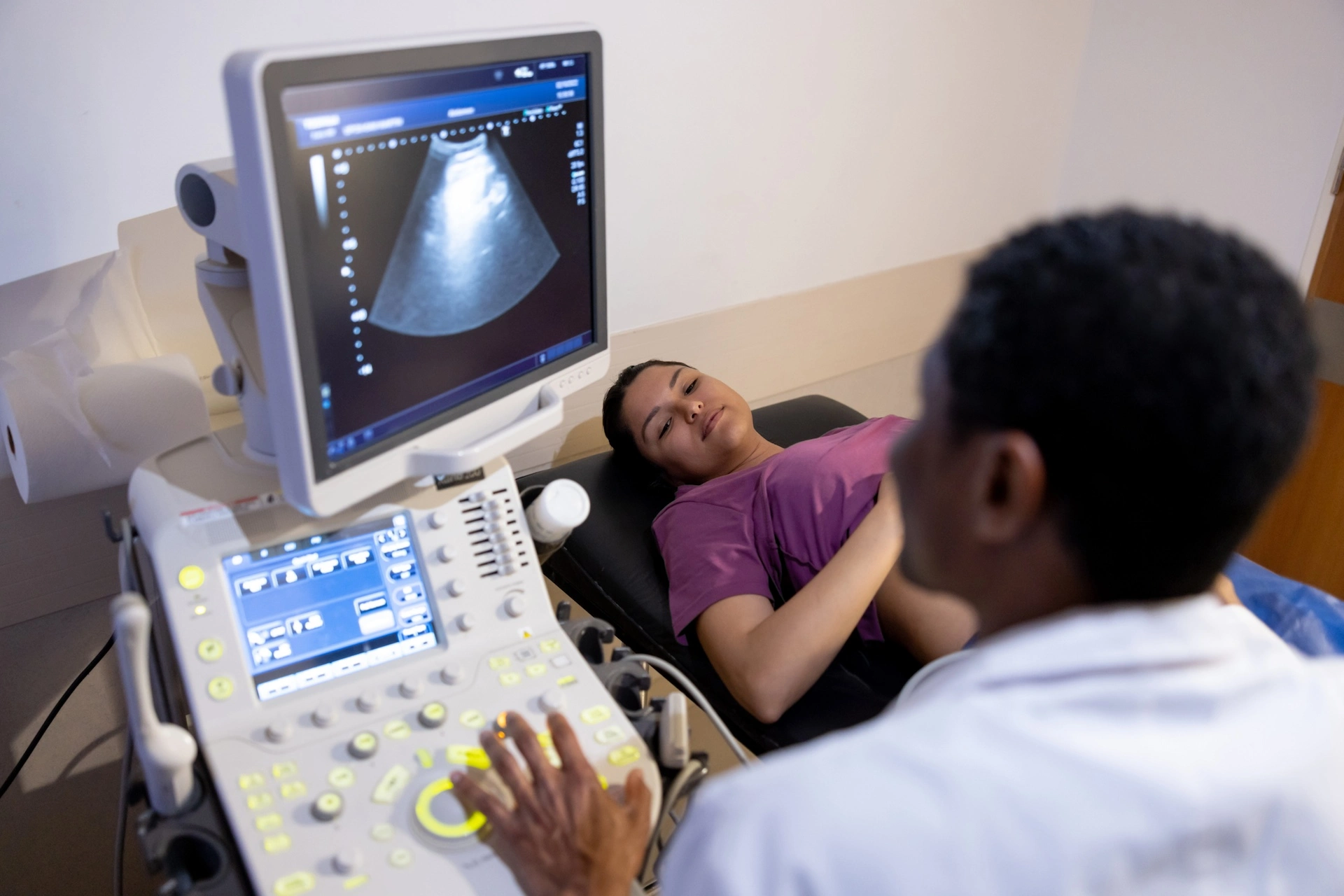Kaiser Permanente researcher receives $3.2 million grant to improve diabetes care
Many older adults with type 2 diabetes are not aware they may be able to cut back on their antidiabetic medications. Now, with a new $3.2 million, 5-year National Institutes of Health Institute on Aging award, Richard Grant, MD, MPH, a research scientist at the Kaiser Permanente Division of Research, and his colleagues hope to change that.
The goal is to develop an online education program that can help adults age 75 and older with type 2 diabetes talk to their health care providers about using less medication, a practice called deprescribing.

“People diagnosed with type 2 diabetes in their 30s, 40s, and 50s must focus on getting their glucose levels under control to reduce their risk for kidney and heart problems,” said Grant. “But there is very limited data that shows there is a benefit to keeping sugar levels tightly controlled after age 75. And if these patients take too much medication, it puts them at risk for hypoglycemia, which increases risk for falls and other health concerns.”
Grant will co-lead the research study with Rebecca Sudore, MD, a geriatrician and the director of the University of California, San Francisco (UCSF), Innovation and Implementation Center in Aging & Palliative Care. They will develop an online patient education program that is similar to a website Sudore developed for UCSF that explains advance care planning, a process that ensures people receive medical care that is aligned with their personal values and preferences.
“Our goal at Kaiser Permanente is to improve the lives of our members with type 2 diabetes, and this includes thinking about how our treatment decisions impact a patient’s quality of life,” said Lisa K. Gilliam, MD, PhD, clinical leader of the Kaiser Permanente Northern California Diabetes Program. “In older patients, less, rather than more diabetes treatment may lead to a better quality of life, but this concept runs counter to our health system’s current treatment paradigm. This study will help us to frame a new paradigm for our older patients so that we are making the best treatment decisions for our patients at every stage of their lives.”
The new study, a randomized clinical trial, will enroll 600 adults age 75 and older at high risk for a hypoglycemic attack at 3 Kaiser Permanente Northern California medical centers. A hypoglycemic attack occurs when blood sugar levels drop dangerously below normal. Symptoms of a hypoglycemic attack include shakiness, weakness, dizziness, and confusion. These attacks increase risk for falls and fractures. They also have been found to be associated in older adults with lower quality of life, dementia, cardiovascular diseases, increased risk for hospitalization, and death.

Half of the adults enrolled in the study will have access to the new online tool Grant and his colleagues develop; the other half will continue to receive routine care. The researchers will follow the patients to see if those with access to the online tool are less likely to have a clinically significant episode of hypoglycemia, report a better quality of life, and are more likely to discuss decreasing their medication in appointments with their medical providers.
“Deprescribing is a supervised process to help people reduce their dose of, or stop taking, certain medications,” said Lynn Deguzman, PharmD, the regional clinical operations manager for Kaiser Permanente Northern California Pharmacy Services. “In older patients with diabetes, the process involves explaining that as the body ages, drugs are metabolized differently, making it possible for them to graduate into the next phase of diabetes care, when they need less medication.”
The new study builds on Grant’s previous research that looked at insulin use in adults ages 75 to 79 with type 2 diabetes. It is also informed by findings from a 2019 Kaiser Permanente study co-led by Deguzman, that found a pharmacist-managed deprescribing program helped diabetic patients reduce or stop their use of antidiabetic medications.
There are currently close to 9 million adults in the U.S. with type 2 diabetes who are age 75 or older. As the U.S. population grows, from 25 million people age 75 and older today to 46 million by 2060, the number of people with diabetes is expected to increase dramatically.
Patients taking insulin are typically taught to check their blood sugar levels up to 4 or more times a day. Deprescribing reduces the need to check levels as often, which can also improve quality of life. “It’s a burden to be checking sugar levels multiple times a day and to be on multiple medications to keep blood sugar levels low,” said Grant. “There is a new and innovative area of diabetes care that has shown that people age 75 with type 2 diabetes do not need to be on as much medication and can benefit from less tight glucose control. This study allows us to put that idea into action.”
# # #
About the Kaiser Permanente Division of Research
The Kaiser Permanente Division of Research conducts, publishes and disseminates epidemiologic and health services research to improve the health and medical care of Kaiser Permanente members and society at large. It seeks to understand the determinants of illness and well-being, and to improve the quality and cost-effectiveness of health care. Currently, DOR’s 600-plus staff is working on more than 450 epidemiological and health services research projects. For more information, visit divisionofresearch.kaiserpermanente.org or follow us @KPDOR.





This Post Has 0 Comments